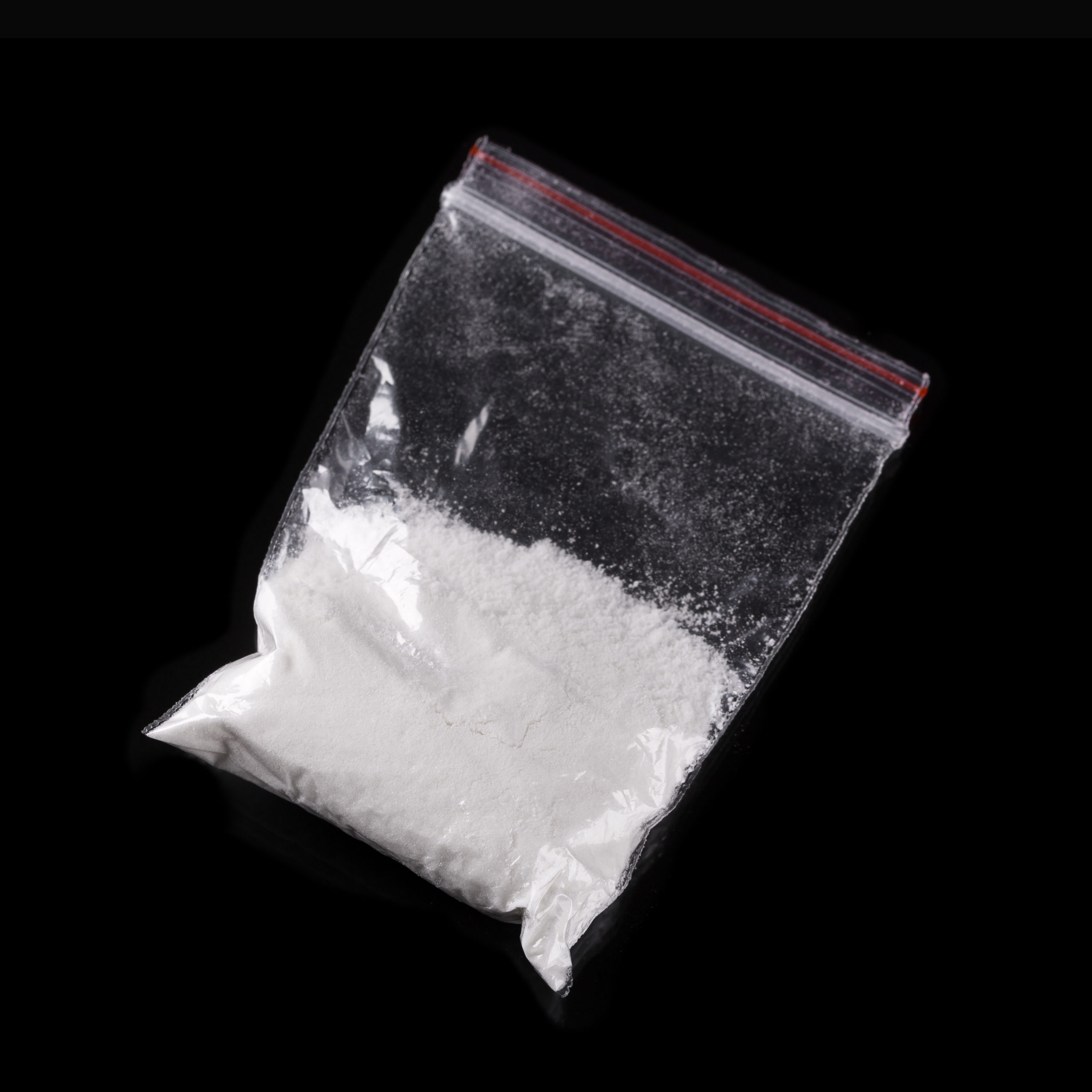
It can be difficult to help a loved one who we believe may be abusing drugs.
To begin with, we may have never even used drugs ourselves, which could make it extremely difficult to properly identify which drugs they are abusing.
Your ability to identify the signs of addiction to cocaine may help you support a loved one who needs your help and effectively assist them in getting treatment.
What Is Cocaine?
Cocaine is a drug that alters the mood and behavior of an individual. It is made from the leaves of the coca plant.
The drug is extremely popular in the US, a study carried out in 2020 shows that close to five million people aged 12 and older reported using cocaine in a period of twelve months.
Being a stimulant, cocaine affects the central nervous system and creates a feeling of euphoria. It also suppresses hunger and fatigue, which are both common side effects when using the drug. Cocaine can be injected or snorted.
Once the high wears off, and it does so fairly quickly, cocaine creates strong cravings and builds tolerance, which prompts users to take more and more each time — eventually leading to addiction, withdrawals, and even death.
The good news is that we can spot cocaine addiction symptoms and signs early and help our loved ones live a healthy drug-free life.
Identifying Cocaine Addiction
As with all drugs, cocaine addiction signs and symptoms can be observed in the body and the way a person behaves.
Physical Signs and Symptoms of Cocaine Addiction
Physical cocaine addiction symptoms and signs appear in the body even when there is no prolonged use. Cocaine affects the brain by increasing levels of dopamine, which creates an intense feeling of pleasure and well-being.
These changes in the chemistry of the brain extend towards the body and eventually catch up with the addict, starting to show signs of wear-off induced by the accelerated and abnormal stress induced in the body.
Common physical signs and symptoms of cocaine addiction include:
- Upbeat and energetic
- Sensitive to touch, light, or sound
- Restless
- Irritable
- Dilated pupils
- White powder close to the nose or in property
- Sweats a lot
- Bags under the eyes
- Constant nose congestion
- Higher body temperature and blood pressure
- Faster heartbeat
- Fever
- Hearth problems
- Chest pains
- Headaches
Behavioral Signs and Symptoms of Cocaine Addiction
A person’s behavior always changes as they fall down the pit of addiction, and are a great way to identify signs of a cocaine addiction.
While many drugs may create similar behaviors, not all drugs will provoke the same patterns. For example, a person who abuses opiates may share addictive behaviors with other drugs such as financial troubles or secrecy.
Yet, a person who consumes opiates may appear to be more relaxed than someone who uses a stimulant like cocaine.
A person who is on cocaine will appear to have high levels of hysteria showing signs that they don’t sleep, get ticked off really easily, and can’t seem to be able to remain still.
Common behavioral signs and symptoms of cocaine addiction include:
- Sleep pattern changes
- Ignoring hygiene
- Secrecy
- Lying
- Risky behavior
- Mood swings
- Paranoia
- Loss of interest in enjoyable activities
- Financial problems
- Intense cravings
- Depression
- Suicidal thoughts
- Irritability
- Extreme laziness when they are not under the influence
- Loss of appetite
- Erratic behavior
- Changes in eating patterns
How to Get Treatment
Once we have identified the signs of addiction to cocaine, then it’s time to seek professional help.
A professional may assess the addict and identify if cocaine addiction signs and symptoms are actually present, and the severity of their addiction.
If signs of a cocaine addiction are confirmed, a medical professional may suggest a detox and rehab treatment.
Elysium Healthcare is an expert in addiction treatments and will be able to assist you every step of the way. Contact Elysium today to learn more about what you can do to help your loved ones receive the treatment they need.








No comment yet, add your voice below!